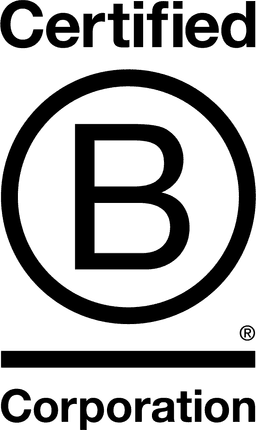

Intense Wines B.V.

Overijssel, Netherlands The
November 2022
Beverages
Wholesale/Retail
Belgium,
Finland,
France,
Germany,
Mexico,
Netherlands Antilles,
Netherlands The,
South Africa,
Sweden,
United States
We make and create wines and wine concepts already for over 15 years. From our (partner) vineyards in South Africa, Argentina, Chile, Italy, France, Spain, Moldova, Austria and Germany. Organic (HVA), Bio dynamic, CO2 neutral, nature friendly, more health friendly and Fair Trade wines. Our customers or partners in business are; hotel-chains, catering, wholesale, retail/ supermarkets and other wine-importing or wine-providing companies. We represent and make: "Wines that are made with Passion and Powered by Nature". All we do needs to have a positive impact on "People, Planet and Health". We have initiated our own foundation (2blossomfoundation) that enhances the social economic environment in the wine community as well as the environmental impact in the wine industry. Intense Wines; Intense Taste is all about pure (future - proof) wine and food products; Our brand portfolio under Intense Wines; Intense Taste: ViaVIÑA, Schoone Oordt, Favorite, Generation, Nudity wines and Ralph and Jane. More innovative sustainable brands will be developed and added under our company profile.
Overall B Impact Score
Governance 16.3
Governance evaluates a company's overall mission, engagement around its social/environmental impact, ethics, and transparency. This section also evaluates the ability of a company to protect their mission and formally consider stakeholders in decision making through their corporate structure (e.g. benefit corporation) or corporate governing documents.
What is this? A company with an Impact Business Model is intentionally designed to create a specific positive outcome for one of its stakeholders - such as workers, community, environment, or customers.
Workers 21.3
Workers evaluates a company’s contributions to its employees’ financial security, health & safety, wellness, career development, and engagement & satisfaction. In addition, this section recognizes business models designed to benefit workers, such as companies that are at least 40% owned by non-executive employees and those that have workforce development programs to support individuals with barriers to employment.
Community 43.9
Community evaluates a company’s engagement with and impact on the communities in which it operates, hires from, and sources from. Topics include diversity, equity & inclusion, economic impact, civic engagement, charitable giving, and supply chain management. In addition, this section recognizes business models that are designed to address specific community-oriented problems, such as poverty alleviation through fair trade sourcing or distribution via microenterprises, producer cooperative models, locally focused economic development, and formal charitable giving commitments.
What is this? A company with an Impact Business Model is intentionally designed to create a specific positive outcome for one of its stakeholders - such as workers, community, environment, or customers.
Environment 37.4
Environment evaluates a company’s overall environmental management practices as well as its impact on the air, climate, water, land, and biodiversity. This includes the direct impact of a company’s operations and, when applicable its supply chain and distribution channels. This section also recognizes companies with environmentally innovative production processes and those that sell products or services that have a positive environmental impact. Some examples might include products and services that create renewable energy, reduce consumption or waste, conserve land or wildlife, provide less toxic alternatives to the market, or educate people about environmental problems.
What is this? A company with an Impact Business Model is intentionally designed to create a specific positive outcome for one of its stakeholders - such as workers, community, environment, or customers.
Customers 5.0
Customers evaluates a company’s stewardship of its customers through the quality of its products and services, ethical marketing, data privacy and security, and feedback channels. In addition, this section recognizes products or services that are designed to address a particular social problem for or through its customers, such as health or educational products, arts & media products, serving underserved customers/clients, and services that improve the social impact of other businesses or organizations.